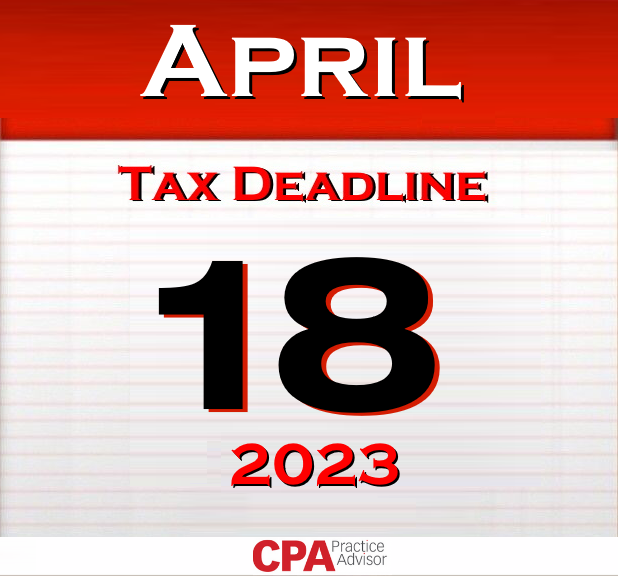Taxes
If I Were the IRS Commissioner…
If the IRS were to change its filing dates so that 1/12 of the taxpayers had tax returns due each month, instead of 100% of the taxpayers having tax returns due in the same month...
Dec. 20, 2022

One of the most prominent complaints we hear regarding why people are reluctant to join the accounting profession is that the hours are grueling, particularly during what we lovingly refer to as busy season. When I started as a shiny new accountant, I spent my first three years at Deloitte in exchange for the right to be licensed as CPA.
At that time, in my home state of Illinois, in addition to passing the CPA exam, one needed to log three years in public accounting in order to get that license. Now, Illinois only requires one year of experience to be licensed, and an accountant can be a Certified Public Accountant without ever having worked in public accounting. Times change.
It wasn’t just three years of full-time work. Busy season in the tax department meant we started working Saturdays the first week of January and continued through the middle of April. We worked long days during the week – usually until 9 or 10 p.m. each night (although sometimes on Fridays we would call it a day around 7 p.m. and all go out for pizza – it was Chicago, after all). Often as the March and April deadlines approached, we would work Sundays as well. Most of us would log at least one or two 100+ hour weeks during the spring.
Exhausting? Sure. But grueling? Not really. There was a sense of camaraderie in our office. We were all in it together and that made it easy to put in the hours. We were a team, a pack, a group that cared about each other like an extended family, and we all had each other’s backs. We laughed about the long hours, about the food crumbs all over our desks where we ate most of our meals, about the piles of file folders that covered our office floors (this was in the pre-paperless era).
But that was then, and just like the CPA licensing requirements that change, so too do people’s attitudes about how, and how much, they are willing to work. And so, getting back to the title of this editor’s note, if I were running the IRS, I would look to the model set out by the motor vehicle bureaus in the states. In my state, as well as in many if not all other states, your license plate is due for renewal in a particular month of the year, depending on the first letter of your last name.
If the IRS were to change its filing dates so that 1/12 of the taxpayers had tax returns due each month, instead of 100% of the taxpayers having tax returns due in the same month, accountants could spread out their tax work over the course of the year instead of having to try to get it all done in the spring. Furthermore, the government would have a steady stream of revenue all year. It seems like a win-win situation.
There would be problems – such as how would we do estimates and extensions – and the transition would be difficult, but it wouldn’t be impossible and it would probably be worthwhile.
Interestingly, I suspect there would be those accountants who so embrace working long hours that they would just take on more clients so it would be busy season all year long, instead of keeping the same workload as before and spreading it out over 12 months. But for those who crave stability in their work life, it just might be a good solution.
